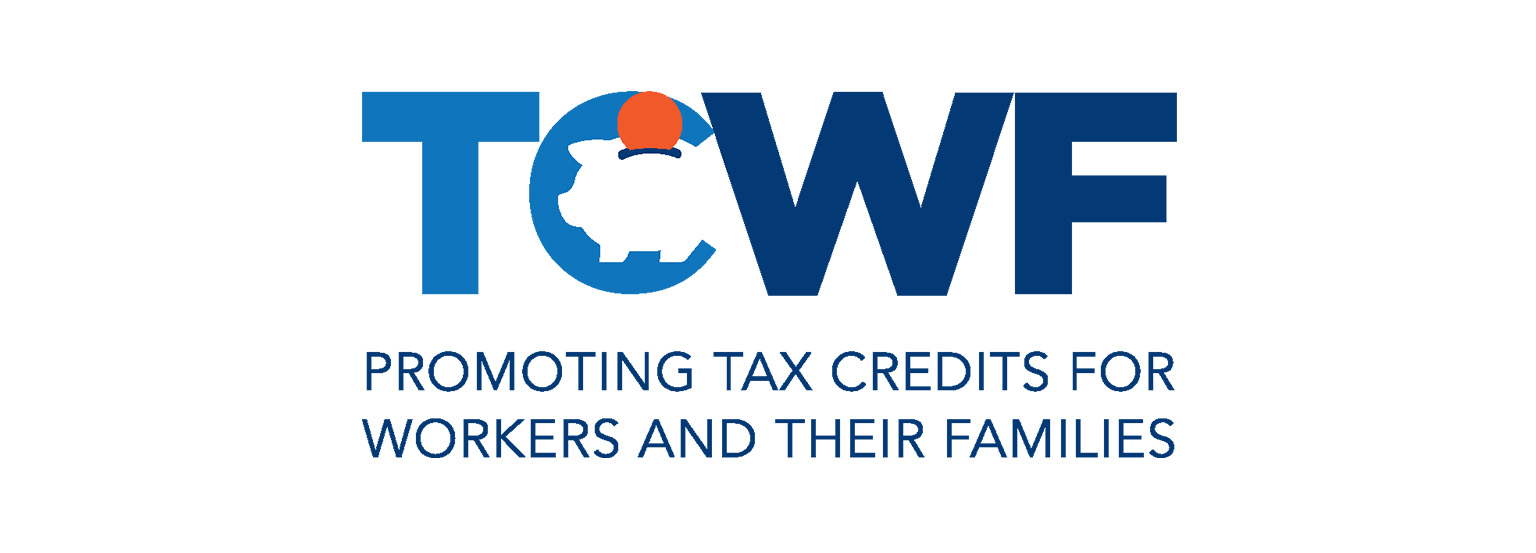
Building Bipartisan Support for Safety Net Programs in the Wake of Tax Reform
 On February 1, Tax Credits for Workers and Their Families (TCWF), a Hatcher-led initiative, joined Prosperity Now on Capitol Hill to host a policy briefing on the importance of federal safety net programs and their future in the wake of tax reform.
On February 1, Tax Credits for Workers and Their Families (TCWF), a Hatcher-led initiative, joined Prosperity Now on Capitol Hill to host a policy briefing on the importance of federal safety net programs and their future in the wake of tax reform.
The event, “The EITC in 2018: What’s Ahead for Working Families Beyond Tax Reform,” convened a bipartisan panel of experts to discuss potential threats and opportunities surrounding the Earned Income Tax Credit (EITC) and other vital programs for low-wage workers. Lauren Pescatore, vice president at Hatcher and TCWF director, and Jeremie Greer, vice president of policy and research at Prosperity Now delivered opening remarks. Both stressed the importance of the EITC and the need to protect the credit after sweeping changes to the federal tax code.
“The EITC is one of the most effective programs we have for keeping working families out of poverty and on a pathway to financial stability,” said Pescatore. “But it’s only one of many threads that stitch together our federal safety net, and the future of that lifeline for so many Americans is uncertain in the wake of tax reform.”
Opening remarks were followed by a panel discussion featuring Francesca Jean Baptiste, director of tax partnerships at the CASH Campaign of Maryland; Chye-Ching Huang, deputy director of federal tax policy at the Center on Budget and Policy Priorities; Aparna Mathur, resident scholar of economic policy at the American Enterprise Institute; Daniel Turrentine, vice president and chief government affairs officer at H&R Block; and moderator David Newville, director of federal policy at Prosperity Now.
Hatcher’s TCWF team provided logistical and planning support for the event, including media outreach, collateral materials and photography–resulting in coverage in Politico.
TCWF is a non-partisan communications initiative working to promote tax credits for low-wage workers, such as the EITC, Child Tax Credit (CTC) and Child and Dependent Care Credit (CDCTC.) The TCWF team works with policymakers and advocates at both the state and federal levels to develop communications strategies and materials that help raise awareness of and build support for these credits.
To view a full video of the event, click here.